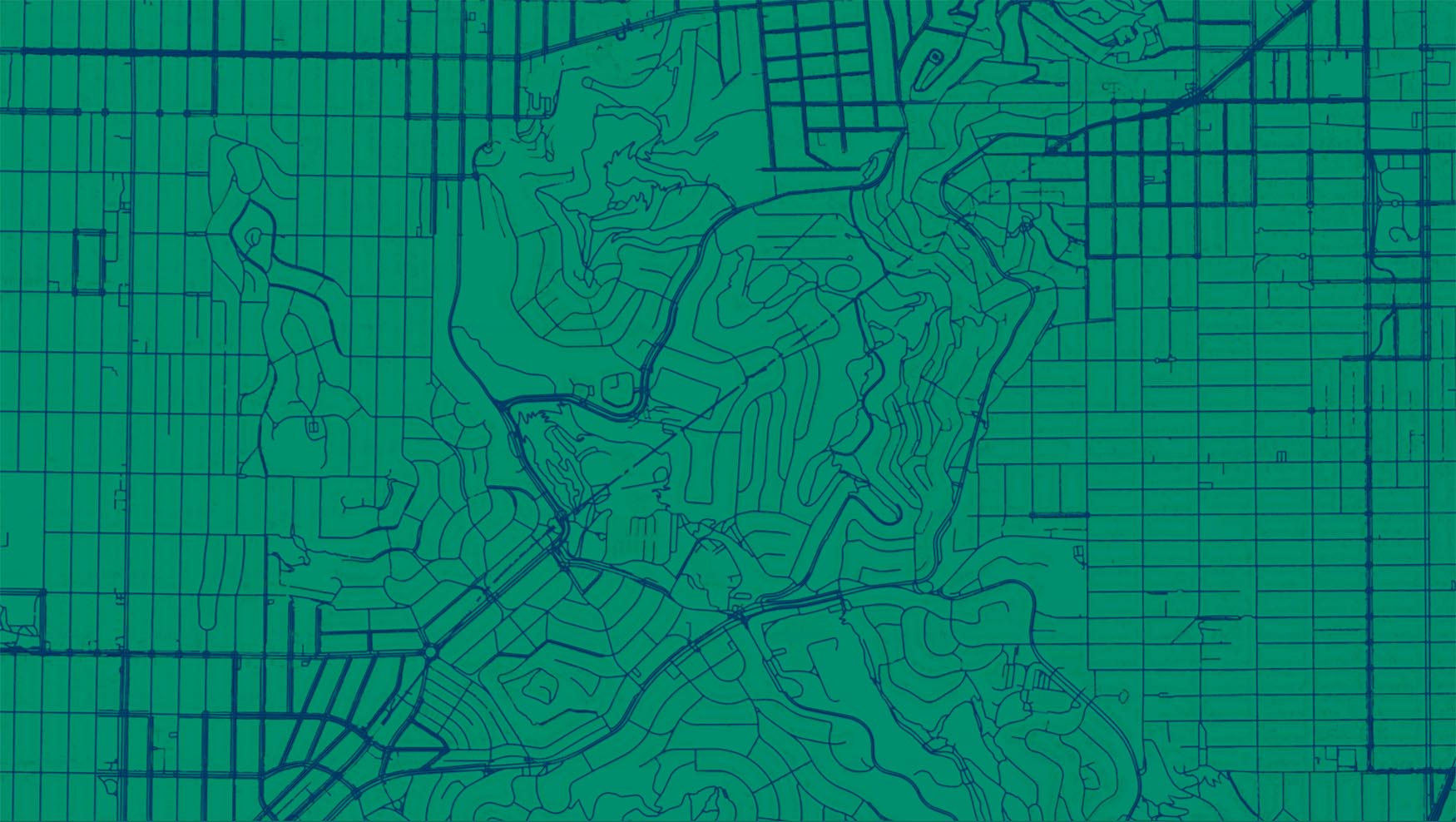Commercial use of Telraam-data, for the benefit of citizens
Insights • Kris Vanherle 28 October 2024

Telraam is getting noticed. After more than 3 years, our Telraam users have generated a lot of traffic counting data which is sparking increased interest from all types of organisations (governmental, research, commercial,...) looking for traffic counting data.
Telraam traffic counting data is valuable directly for the user, as a sensor owner or volunteer in a project, to increase the understanding of traffic in their street.
Telraam traffic counting data is valuable for the local transport authorities, our clients, who create, manage and own the network of Telraam devices to monitor traffic or to assess the impact of traffic interventions in their municipality.
Telraam traffic counting data is also valuable for many third parties who don’t necessarily want to deploy and manage Telraam sensors themselves, but just want to tap into the data of existing Telraam devices.
Recently we’ve been getting more and more inquiries from organisations in this third category. While they can use our open data-platform (web-app or API), some have explicit commercial goals, which means our current Telraam data licence (CC-BY-NC) doesn’t fit their needs.
So, let’s explore suitable commercial options which align with the citizen science DNA of Telraam.
Digging a rabbit hole…
Now, this may look simple and easy at first glance: “just open up the data” or “just sell the data” is the answer… depending on who we’ve asked. Once you start to think about this properly, it gets complicated pretty quickly.
To begin with, is it ethical for us, as a citizen science service provider, to resell data generated by citizens to commercial entities for a profit? Wouldn’t that conflict with our open-data policy? On the other hand, should we just accept “free-riders” using our open API and profiting off Telraam data by selling derived products, without any benefit to the people and organisations generating the data?
We could just open up the data for commercial use as well, but that wouldn’t be fair to all stakeholders who contribute to it: the citizens, the clients hosting or buying a sensor and Telraam as an organisation. Moreover, it would make the economic sustainability of Telraam even more challenging.
Theoretically, we could go the same route as many Telecom operators who are selling your location data without proper consent. (Did you know that your cell-phone location data is a lucrative data-product called “floating car data” sold by many Telecom operators, for traffic management purposes and other applications?)
With Telraam, we don’t want to be like that. Remember, we started Telraam exactly to break the status-quo in traffic counting data generation and disrupt this industry by giving power to citizens.
So, there has to be a better approach - one where our users benefit and citizens keep some control on how their data is used.
Fishing in the Data Pool
So we’ve thought about this and started building a new feature in the Network Dashboard that we’ve baptised the “Data Pool”. This new feature of the network subscription, allows any organisation to “subscribe” to the detailed data of selected Telraam segments, which includes unlimited API-access. Note, adding segments to the data pool will ONLY give access to the traffic counting data. We obviously don’t share personal information about the users!
We’ve adhered to a few guiding principles in the development of this new feature, some are still work in progress and some will definitely need some more thought.
One principle is the co-benefit for the user. If there’s a third party paying for its data, for whatever purpose, then the user generating the data also gets access to the same data. In practical terms, this means that if you’re a private user and you’ve bought your own Telraam, with access to the basic data only (so without a paid data subscription), when a third party adds your segment to its data pool, you, as the user generating the data will also get access to the features of the data subscription. That’s only fair!
A second principle is transparency. If your data is being used (commercially) by a third party, you should know. We’re not quite sure yet how we’ll implement this. Disclosing details of third party reusing data might actually discourage commercial reuse. Maybe just the number of how many third party organisations tapping into the data for your road segment may be a balanced solution? Something for us to work on further.
A final principle is citizen stewardship of the data. The primary use for Telraam data is to improve local traffic management. There’s no debate this type of use is beneficial for society. But what about the use of Telraam’s data by a billboard broker company to set a price on a billboard based on the number of cars passing daily? It’s easy to imagine Telraam users not liking the data they generate to be used for some commercial applications. We think that Telraam, as an organisation, should not be the sole judge about commercial applications. We should do this jointly with our users.
So, we want to launch an experiment: a Citizen Council, with trusted, veteran Telraam users who meet regularly, to jointly decide on what commercial re-uses we allow and which ones we won’t. Practically, we’d organise around 5 digital sessions per year where we gather input which we will publish on our website in full transparency. If you’d like to be part of this citizen council for Telraam, get in touch!
All this is still a bit of “work in progress”. It’s not like there are hundreds of commercial entities lined up wanting to buy Telraam data (yet!), but we think it’s important to be open and transparent to all external stakeholders in our thought process. We hope this blogpost has given some insight in how we, as an organisation, want to position ourselves on commercial data reuse.
If want to share your opinion about this blogpost, or if you, dear reader, have some good ideas about how you think Telraam as an organisation should position itself on commercial reuse of the data, please, contact us at info@telraam.net or join the discussions and hangouts on Telraam Talks.
